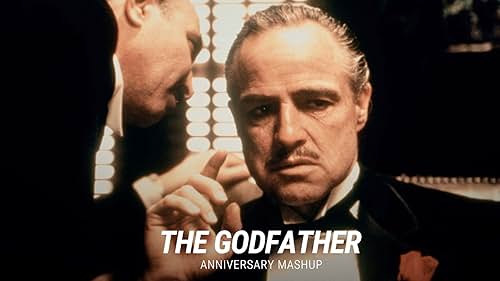FULL MOVIE:
Ex Machina (2014) – Movie Review
Ex Machina, the directorial debut of Alex Garland, is a sleek, cerebral science fiction thriller that dives deep into the philosophical and ethical questions surrounding artificial intelligence, consciousness, and the human condition. With a minimalist cast and a claustrophobic setting, the film crafts a taut, intelligent narrative that keeps viewers questioning reality and motive from start to finish.
Plot Overview
The story centers on Caleb (Domhnall Gleeson), a young programmer at a tech company who wins a mysterious contest to spend a week at the secluded home of the company’s reclusive CEO, Nathan (Oscar Isaac). Upon arrival, Caleb learns that he has been selected to administer a Turing test to Nathan’s latest creation: Ava (Alicia Vikander), a humanoid robot with highly advanced artificial intelligence.
As Caleb begins interacting with Ava, the lines between manipulation, free will, and consciousness begin to blur. Ava, though confined to her glass room, displays intelligence, curiosity, and emotion that seem strikingly human. But is she truly self-aware—or simply mimicking consciousness with extraordinary precision? And what exactly are Nathan’s intentions?
Performances and Direction
Alicia Vikander delivers a mesmerizing performance as Ava, balancing mechanical precision with haunting vulnerability and charm. Her portrayal is both captivating and unsettling, making her character feel both alien and deeply human. Domhnall Gleeson is perfectly cast as the introspective and increasingly paranoid Caleb, while Oscar Isaac commands attention with his intense, enigmatic portrayal of Nathan—a genius who is both charismatic and deeply dangerous.
Alex Garland’s direction is sharp and deliberate. The film’s visual style is sleek and sterile, matching the tone of the philosophical questions at its core. The setting—a high-tech, underground facility hidden in the wilderness—adds to the film’s atmosphere of isolation and tension. The cinematography, combined with an eerie score by Ben Salisbury and Geoff Barrow, reinforces the film’s slow-burning unease.
Themes and Interpretation
At its heart, Ex Machina explores the nature of consciousness, identity, and manipulation. It asks whether artificial intelligence can ever truly be “alive,” and whether human emotions can be trusted when filtered through the lens of programming. The film also turns the Turing test inside out—posing not just whether a machine can convince a human it is real, but whether humans can even trust their own perceptions.
There’s also a strong undercurrent of gender politics and power dynamics. Ava is not only a test subject but a product—created and controlled by a male inventor. As the story progresses, questions arise about exploitation, autonomy, and the ethics of creating intelligence that can feel and suffer.
Conclusion
Ex Machina is a masterfully crafted sci-fi film that operates on both an intellectual and emotional level. It’s visually striking, tightly written, and provocatively themed. Rather than rely on action or spectacle, it draws viewers in with its philosophical depth and chilling sense of inevitability. It’s a film that lingers long after the credits roll, prompting reflection on what it truly means to be human—and whether intelligence alone is enough to define consciousness.
What are your thoughts on Ex Machina? Drop a comment below!









